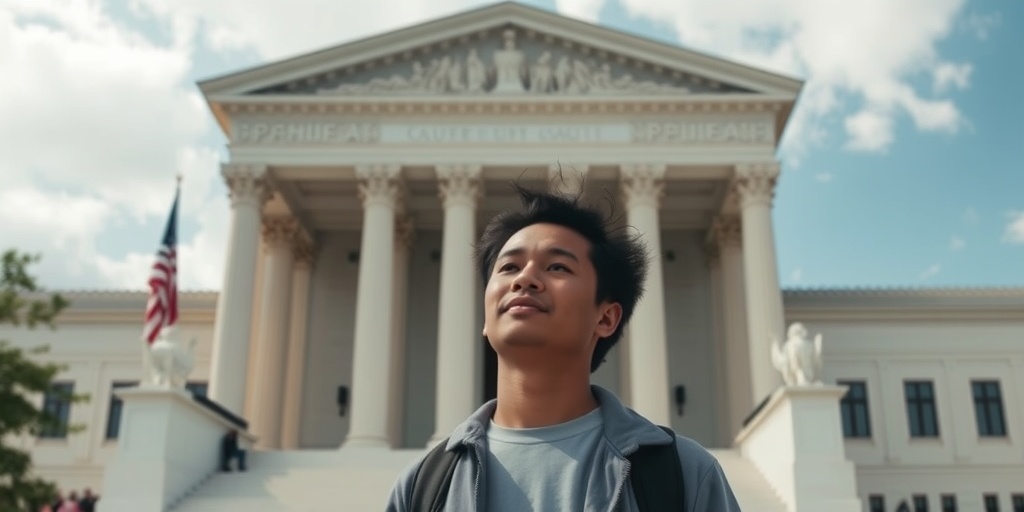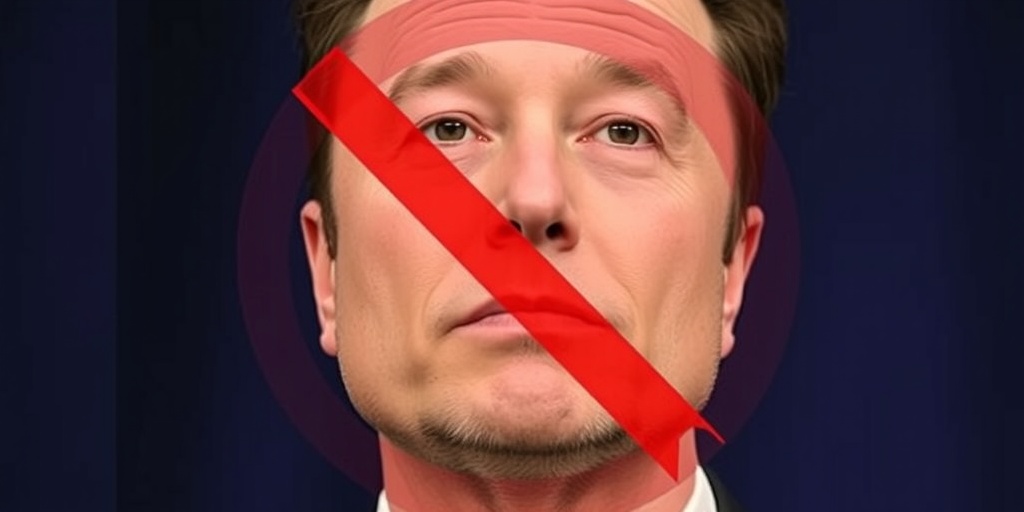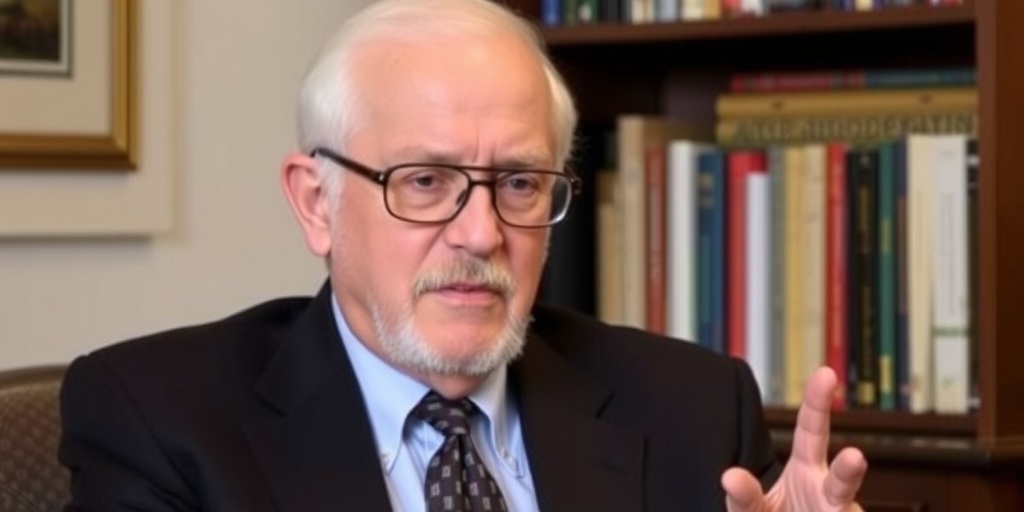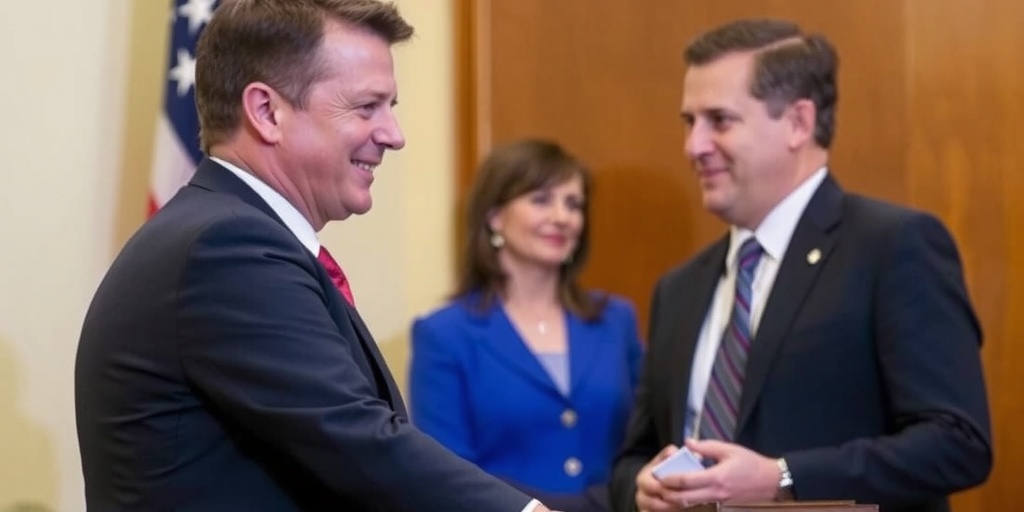Now Reading: Supreme Court Rules in Favor of Wrongfully Deported Migrant
-
01
Supreme Court Rules in Favor of Wrongfully Deported Migrant
Supreme Court Rules in Favor of Wrongfully Deported Migrant

Supreme Court Orders U.S. Government to Facilitate Return of Wrongly Deported Salvadoran Migrant
On Thursday, the United States Supreme Court issued a significant ruling concerning the deportation of Kilmar Armando Abrego Garcia, a Salvadoran migrant who had been incorrectly removed from the country. The court directed the government to take necessary steps to facilitate Mr. Abrego Garcia’s return after he was sent to a notorious prison in El Salvador due to an apparent administrative error.
In an unsigned order, the Supreme Court upheld a portion of a lower trial judge’s directive which mandated the government to "facilitate and effectuate" Mr. Abrego Garcia’s return. The ruling specified that the government must ensure his release from custody in El Salvador is handled as it would have been had he not been wrongly deported. While the Supreme Court acknowledged the trial court’s authority, it noted that the term "effectuate" in the district court’s order lacked clarity and might surpass what the court was empowered to dictate.
The Supreme Court further instructed the district court to provide clarification on its directives, emphasizing the importance of respecting the executive branch’s role in foreign affairs. The government was also encouraged to share information about the actions it has taken and the potential for future steps toward resolving the situation.
District Court Judge Paula Xinis, who presided over the case, previously criticized the Trump administration for committing a "grievous error" by deporting Mr. Abrego Garcia despite a ruling from a 2019 immigration judge. This ruling had granted him a special form of protection known as "withholding from removal" due to the potential for violence or torture he faced if returned to El Salvador.
U.S. officials, however, argue that Mr. Abrego Garcia, aged 29, is affiliated with the violent gang MS-13, which the administration has labeled a terrorist organization. Judge Xinis countered that the evidence supporting such claims was inadequate, based solely on "a singular unsubstantiated allegation" that linked him to gang affiliation.
The judge also noted that the evidence presented against Mr. Abrego Garcia was remarkably weak, consisting mostly of a Chicago Bulls hat and hoodie, and a vague, unverified allegation from a confidential informant suggesting he belonged to an MS-13 clique in New York—a place he reportedly has never lived.
In a supportive opinion, the U.S. Court of Appeals for the Fourth Circuit compared Mr. Abrego Garcia’s deportation to an act of "official kidnapping," emphasizing that the United States government had no legal authority to remove an individual lawfully present in the country without following due process. Judge Stephanie D. Thacker, one of the appellate judges, condemned the government’s assertion that federal courts could not interfere, calling it unconscionable.
Another appellate judge, J. Harvie Wilkinson III, agreed with the majority’s conclusion but argued that the district court’s requirement for the government to facilitate Mr. Abrego Garcia’s return was within lawful bounds, differentiating it from a demand that could potentially infringe on executive powers.
The U.S. government subsequently sought intervention from the Supreme Court, with Solicitor General D. John Sauer contending that Judge Xinis had overstepped her authority by demanding the government engage in "district-court diplomacy." He expressed concern that if judges were allowed to dictate the return of removed aliens, it could grant them undue influence over U.S. diplomatic relations worldwide.
In a response to the Supreme Court, Mr. Abrego Garcia’s legal team characterized his situation as being the result of a "Kafka-esque mistake" by the United States, noting that he was incarcerated in a foreign prison solely because of actions the U.S. had taken. They maintained that the district court’s directive to facilitate his return was routine and did not violate either foreign or domestic policy considerations.
Mr. Sauer acknowledged that the deportation had been an administrative error but argued that this did not give district courts the authority to control foreign relations or treat the executive branch subordinate to judicial demands. Furthermore, his lawyers argued that there was no credible evidence linking Mr. Abrego Garcia to any threats, highlighting that he had lived freely in the U.S. for years without facing criminal charges.
This ruling signifies a crucial moment in the ongoing complexities of immigration law, executive power, and the protection of individual rights within the U.S. judicial system. The outcome of this case may have broader implications for how similar cases involving deportation and the rights of migrants are handled in the future.
Stay Informed With the Latest & Most Important News
Previous Post
Next Post
-
 01New technology breakthrough has everyone talking right now
01New technology breakthrough has everyone talking right now -
 02Unbelievable life hack everyone needs to try today
02Unbelievable life hack everyone needs to try today -
 03Fascinating discovery found buried deep beneath the ocean
03Fascinating discovery found buried deep beneath the ocean -
 04Man invents genius device that solves everyday problems
04Man invents genius device that solves everyday problems -
 05Shocking discovery that changes what we know forever
05Shocking discovery that changes what we know forever -
 06Internet goes wild over celebrity’s unexpected fashion choice
06Internet goes wild over celebrity’s unexpected fashion choice -
 07Rare animal sighting stuns scientists and wildlife lovers
07Rare animal sighting stuns scientists and wildlife lovers




















